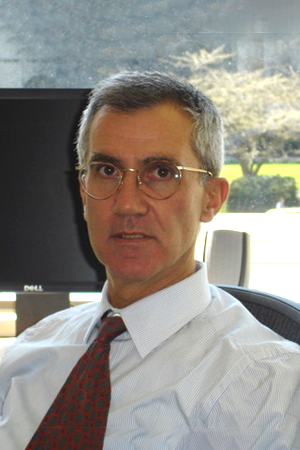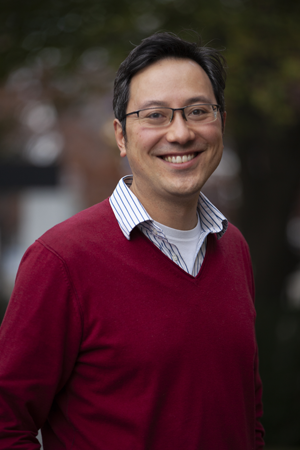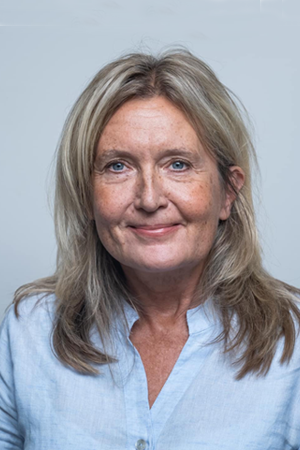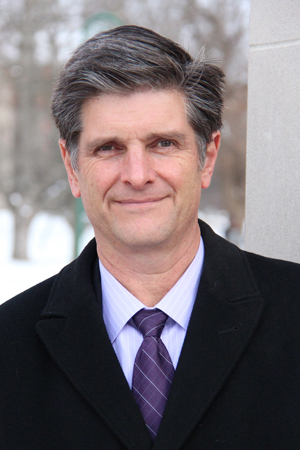
Keynote Speakers

Luigi Guiso
Luigi Guiso is the Axa Professor of Household Finance at the Einaudi Institute for Economics and Finance in Rome. He has held positions at the University of Rome Tor Vergata and at the
European University Institute in Florence. He has directed the Finance Programme at the Center for Economic Policy Research in London and taught as a visiting professor at the University of Chicago Booth School of Business, Northwestern University and Imperial College. He is a fellow of the Econometric Society and honorary foreign member of the American Economic Association. Besides his work in the field of household finance, he has contributed research in the field of labor economics, firm investments and financial decisions, entrepreneurship and banking, political economy and institutions, and in the field of culture and economics. His research has been published in major scholarly journals such as the Review of Economic Studies, the Quarterly Journal of Economics, the Journal of Political Economy, the American Economic Review and Econometrica.

Stephan Heblich
Stephan is a Professor and Munk Chair of Economics at the Munk School of Global Affairs and Public Policy, University of Toronto, with a cross-appointment to the Department of Economics. Previously, he worked at the University of Bristol and the University of Stirling, both in the UK. Stephan's research looks at spatial disparities in the distribution of consumptive or productive amenities that attract individuals or firms. This helps him explain spatial variation in house prices, the share of high-skilled workers, environmental (dis)amenities, innovative activities, political outcomes, or economic development. Often, the best way to understand present-day outcomes is to study the past and the legacies of historic developments. Cicero turned this thought in a wonderful quote: "To be ignorant of what occurred before you were born is to remain always a child. For what is the worth of human life, unless it is woven into the life of our ancestors by the records of history?" This explains why he is also passionate about economic history. Currently, Stephan is a co-editor of the Journal of Urban Economics, and he is an associate editor of the Economic Journal, Regional Science and Urban Economics and the Journal of Economic Geography.

Trine Bille
Trine Bille is a Full Professor of Cultural Economics, at Copenhagen Business School, Department of Business Humanities and Law. She received her PhD degree in Economics from University of Copenhagen, Department of Economics.
Her research interests cover a wide spectrum of cultural economics issues, including the labor markets for artists, arts and culture in urban and regional development, creative industries, non-market valuation of cultural goods, the art market, the performing arts, consumer behavior, life satisfaction etc., drawing on different fields of economic theory.
She has published about 140 books and articles in a variety of outlets. Her work is published in the leading scientific journals of her research field, e.g. Journal of Cultural Economics, International Journal of Cultural Policy and Journal of Arts Management, Law and Society, and general leading journals in economics and social science, such as Work, Employment and Society, Economics Letters, Kyklos, Applied Economics and European Planning Studies, as well as book chapters in books published at leading publishers, such as Routledge, Elsevier Science and Edward Elgar Publishing, including Handbook of the Economics of Arts and Culture (Series Handbook of Economics, Elsevier Science). She is co-editor of the book Teaching cultural economics (Edward Elgar Publishing).
She is the president of ACEI, Association of Cultural Economics International.

Michael Rushton
As a professor, Dr. Michael Rushton’s expertise and teaching is in the economics, management, and public policy of the arts. His publications include articles on such topics as public funding for the arts, the role of nonprofit organizations, taxation, copyright, freedom of expression, and the arts and local development. He is the editor of Creative Communities: Art Works in Economic Development (2013) and the author of Strategic Pricing for the Arts (2014). He is currently writing a book on the moral foundations of public funding of the arts.
Before joining Indiana University in 2006, he held faculty positions in Canada, the U.S., and Australia, and served as a senior policy advisor to the government of the Canadian province of Saskatchewan. At Indiana University, he has served as Director of Strategic Planning, and Associate Vice President for University Academic Affairs.



